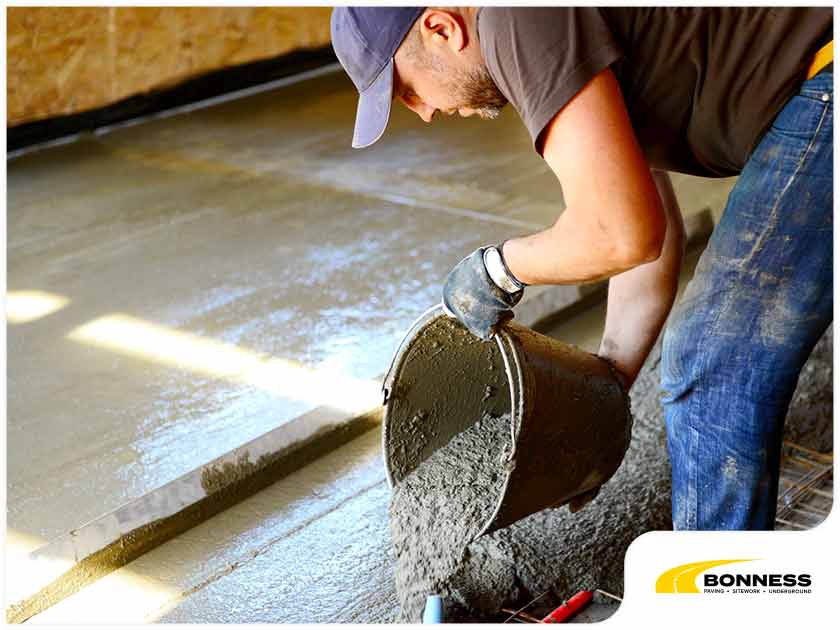
Concrete projects are never meant for do-it-yourselfers. And yet, many of us choose to skip professional service. Mistrust of contractors, decreased costs and sense of accomplishment are the most common motivations for DIYing concrete structures.

Concrete projects are never meant for do-it-yourselfers. And yet, many of us choose to skip professional service. Mistrust of contractors, decreased costs and sense of accomplishment are the most common motivations for DIYing concrete structures.
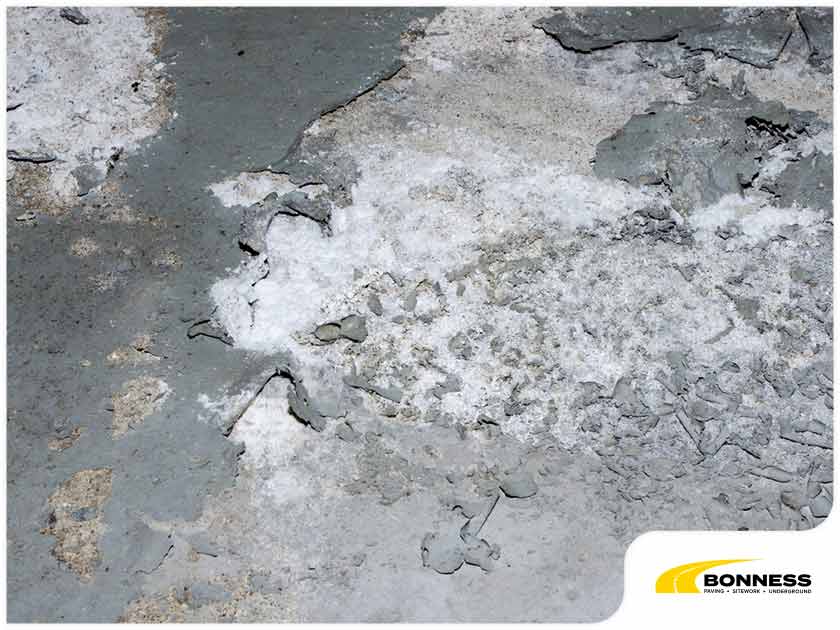
White stain is one of the most troublesome cosmetic defects on masonry. The French have a word for it is efflorescence, which means “to flower out.”
This is a reaction to when the masonry surface meets moisture. When the water dries, it can leave behind salt, and the deposits are an eyesore.
Although the efflorescence effect is naturally occurring, it doesn’t mean you have to live with it. There are ways to reduce its likelihood of happening in the first place and address it when it manifests itself.
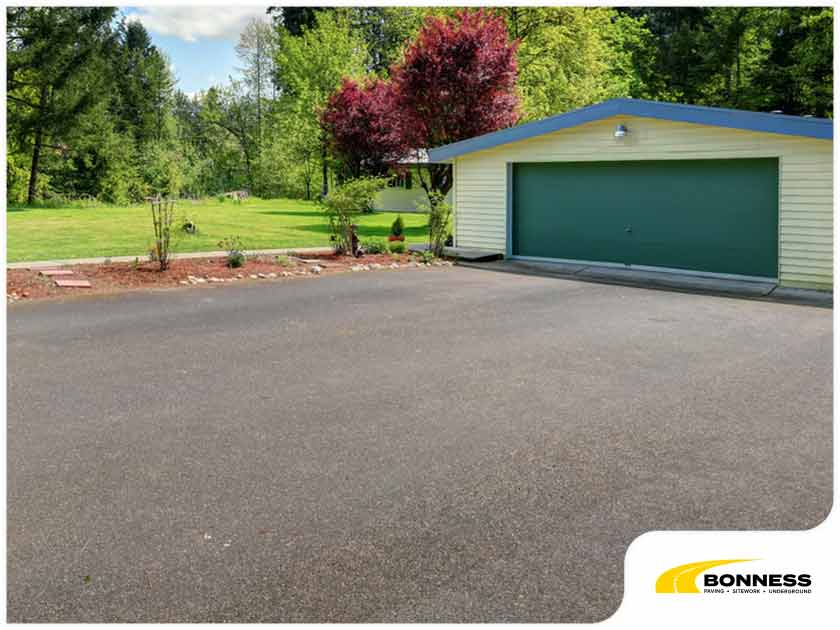
It’s a fact of life that everything ages, and oxidation is a big part of why this happens. And, it’s not just iron – even asphalt paving and, in fact, cells in the human body!
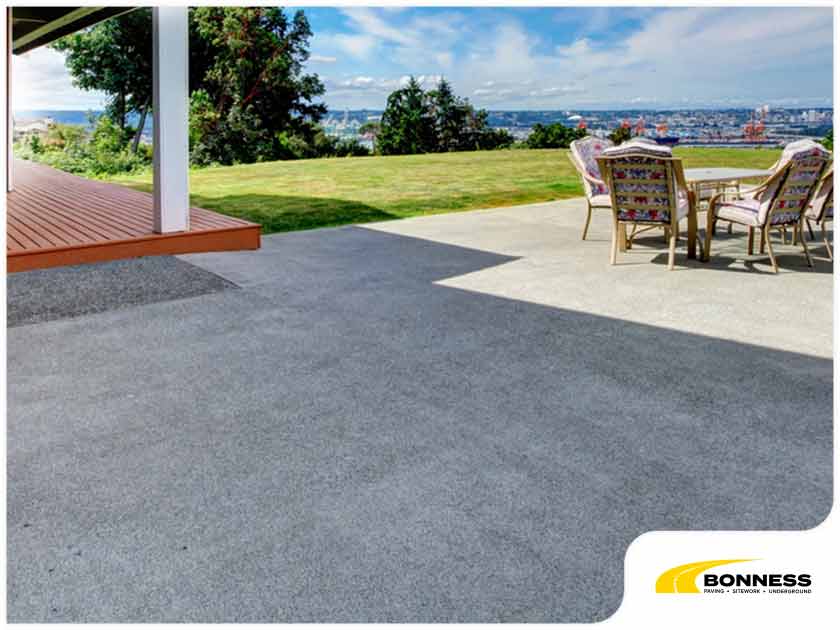
Concrete is a mainstay of modern life, which is why it’s used in almost every imaginable structure – from skyscrapers to driveways. But what is this wonder material really made of, and why is it so ubiquitous and durable?
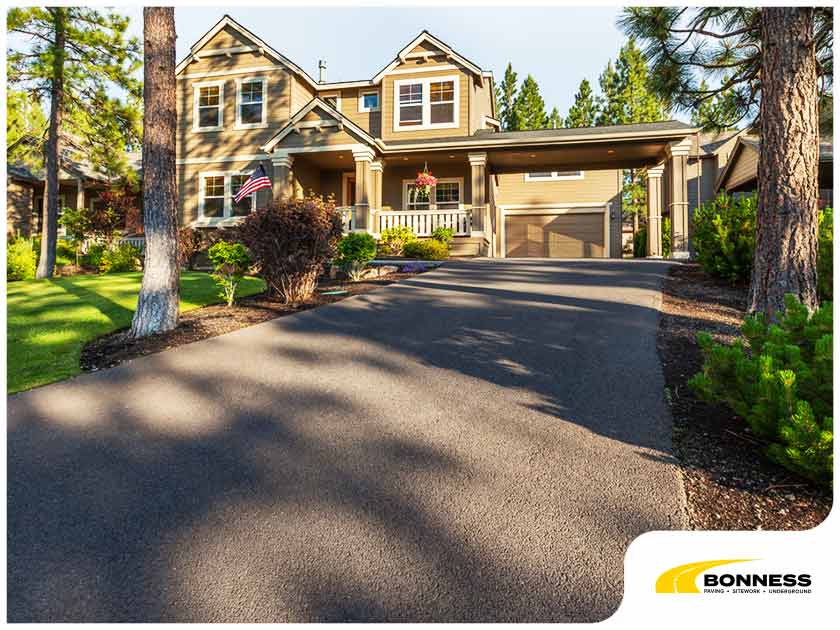
Spotting clear signs of aging on your driveway can have you wanting to get it fixed in a hurry. One of the biggest advantages of an asphalt driveway is that it can be easily fixed. However, once it reaches the end of its 12-year (on average) lifespan, it will need to be resurfaced.